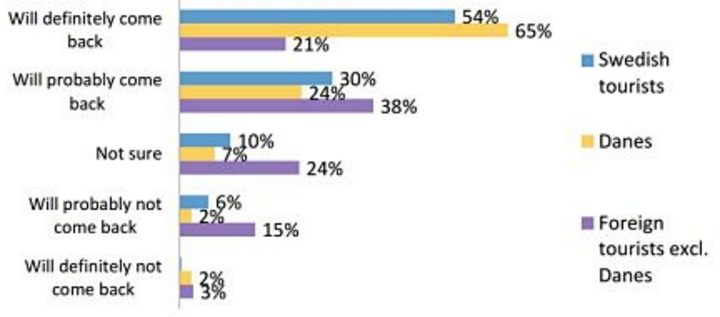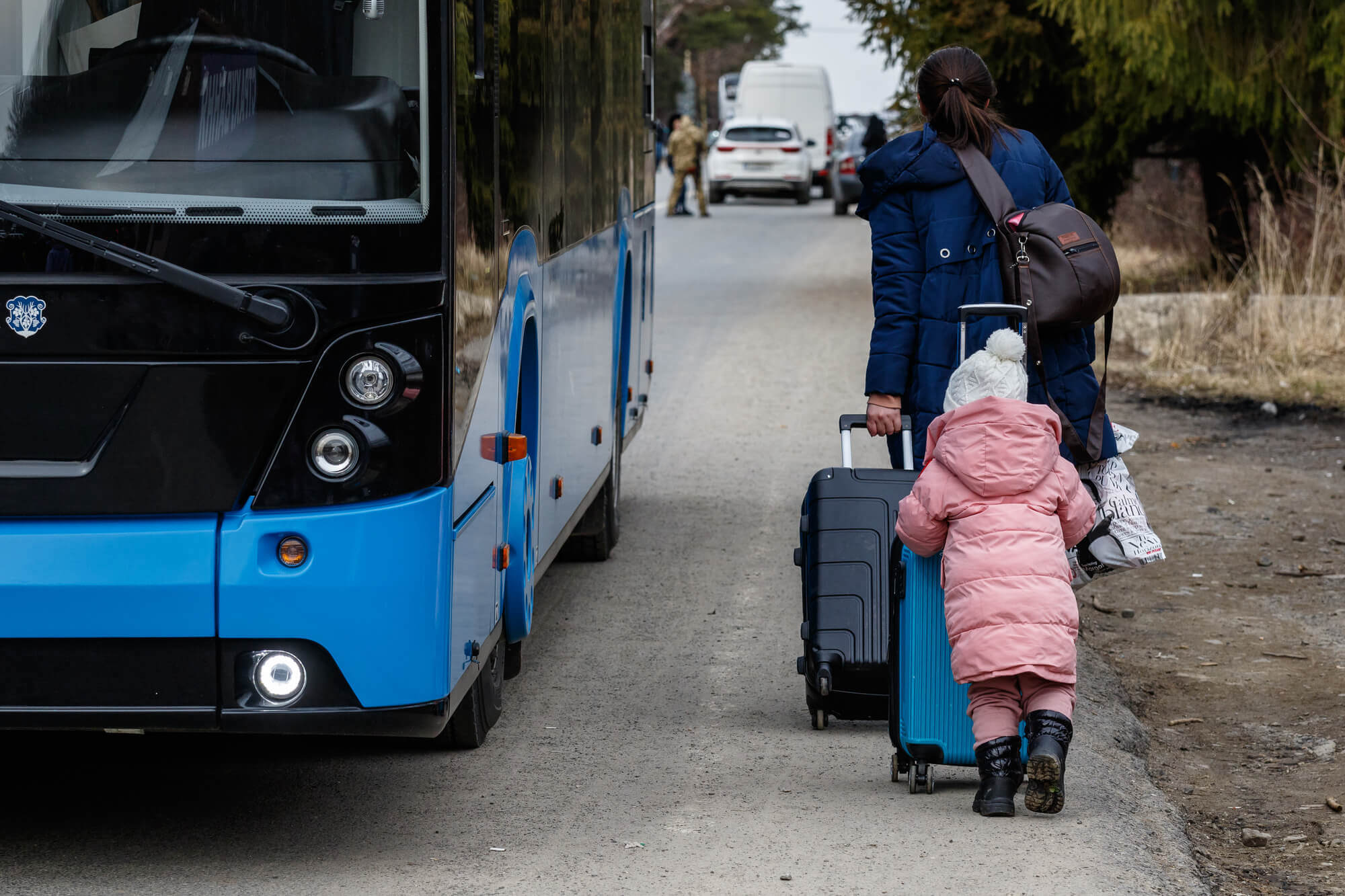Eurovision is over, and Jamala victory means that the 2017 contest will take place in Ukraine. So now it is the time to think about expected costs of the event and the ways of getting the best value for money.
Direct economic impact
Table 1. Economic impacts of Eurovision on recent host cities
| Year | Host city | Cost, $m | Tourist visitors | Tourism spending, $m | Place, Capacity |
| 2015 | Vienna, Austria | 42 | 30,000 | 33 | Wiener Stadthalle, 16,000 |
| 2014 | Copenhagen, Denmark | 54 | 39,000 | 20 | B&W Hallerne, 10,000 |
| 2013 | Malmo, Sweden | 26 | 32,000 | 24 | Malmo Arena, 10,000 |
| 2012 | Baku, Azerbaijan | 64 | 7,000 | 11 | Crystal Hall, 23,000, but only 16,000 attended |
| 2011 | Dusseldorf, Germany | 37 | n/d | n/d | Esprit Arena, 38,000 |
| 2010 | Oslo, Norway | 37 | n/d | n/d | Telenor Arena, 23,000 |
| 2009 | Moscow, Russia | 42 | n/d | n/d | Olympic Indoor Arena, 25,000 |
Note, 1GBP = 1.5USD, Source: RBS
If we take a look at Table 1, we can observe that direct tourist revenues usually don’t cover the organizational cost of the event. However, there are other sources of revenues – fees from TV channels, participants’ fees, revenues from ticket sales, and one of the largest items – revenues from advertising placement. These combined revenues probably did not cover the amount spent for Eurovision in Baku (officially above $64 mln and unofficially two- to three times more) but for example, the contest in Malmo was profitable (however, it was rather an exception than the rule). During the event Azerbaijan attracted only 7,000 tourists which is substantially less compared to events in later years. In contrast, 2011 Eurovision Song Contest (ESC) was held at Esprit Arena, homeground for Fortuna Dusseldorf Club. The total cost of event was about $37 million. However, the ARD, German TV channel, paid $14 million. The remaining part was collected in participant fees ($5 mln) as well as money from the sale of tickets and from the sponsors.
Indirect economic impact
While direct effects could be observed and estimated immediately after the event, indirect effects are likely to be much higher. For example, Thomas Schreiber of NDR (Norddeutscher Rundfunk) TV channel said that 2011 ESC translated to about 120 million people worldwide was equivalent to a $240 million advertising campaign.
In addition to advertisement, ESC venues are likely to attract more tourists even after the event. For example, Figure 1 says that more than 50% of foreign tourists who visited Malme for the contest would probably or definitely come back to this city. Similarly, 60% of visitors to Copenhagen said that they would definitely come back.
Figure 1. The statistics of the likelihood of visitors to Malmö for Eurovision 2013 returning to the city in the future (Source: Malmö Town)
What is next?
The next day after the Eurovision-2016, a number of cities declared willingness to host the event. Vitaliy Klitchko, the Kyiv city mayor, suggested to use the Olympic Stadium as the main venue for the event. This call is followed by mayors of Odesa, Dnipropetrovsk, Lviv, and even Kherson. However, a pragmatic approach has to be taken here. Each of these cities wants to attract new funds for infrastructure development. But currently Ukraine does not have much cash for investment. For instance, the Kherson mayor says that Kherson needs a new airport and construction of new roads to improve the image of Kherson in the eyes of European tourists.
All these requests seem unrealistic given current economic situation and generally the investment climate in Ukraine. Given that Dnipropetrovsk is too close to the conflict zone in Eastern Ukraine, Kyiv or Odesa seem to have higher likelihood of becoming a host city. Lviv could be the third candidate because of its convenient location near the Western border. Furthermore, EURO 2012 experience of Lviv and Kyiv could be the key factor affecting host city decision. In any case, all these cities have airports, hotels, and stadiums with capacities above 30,000.
While hosting city infrastructure is important, the second important factor is the logistics. Both Odesa and Lviv have open sky regime in their airports, while the same has yet to be introduced in Kyiv. One has to understand that tourists could bring much more revenues to Ukraine than protected domestic airlines.
Eurovision is a chance for not only improving the image of Ukraine, but also for tackling some of its long-term problems. While Ukraine has about a year left, a number of improvements have to be made:
- Parking in large cities. Centre of Kyiv city is overcrowded with cars and hostile to pedestrians.
- Entertainment – both in the hosting city and in the neighbouring cities. This is a chance for all kinds of clubs, museums and other cultural attractions to develop and attract new customers.
- Security. A hosting city would probably need to introduce video surveillance system to prevent accidents or to swiftly react to the ones occurring.
- City guidance system. While a lot has been done for Euro-2012, there is clearly a room for improvement in making Ukrainian cities friendlier for English-speaking tourists.
Conclusions
Looking at the experience of the EU countries, the government estimates that the Eurovision contest will cost about EUR 15 million while its benefits in terms of improving the image and tourist attractiveness of Ukraine can be much larger than that. But this will happen only if these funds are spent wisely. Whichever city is chosen for the contest, its environment should see a number of improvements. But these improvements should be not for the contest but for the city – for all its dwellers and tourists that will visit it after the Eurovision — 2017 winner is defined.
Reference:
Azerbaijan: http://www.sciencedirect.com/science/article/pii/S2212571X15000670
Attention
The authors do not work for, consult to, own shares in or receive funding from any company or organization that would benefit from this article, and have no relevant affiliations





